Giovanni Princigalli, a filmmaker of diverse passions
- Written by Alionuska Vilche Blanco
- Published in Culture
- Hits: 1638
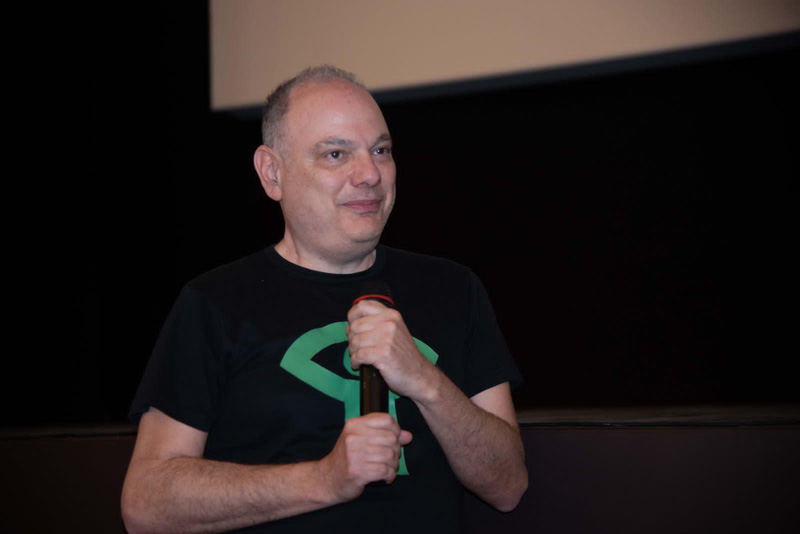
In the world of cinema, few manage to combine disciplines as diverse as history, anthropology and social sciences. Giovanni Princigalli, an Italian filmmaker trained at the University of Bari and with a master's degree in Cinema in Montreal, is one of those talents.
His professional career includes a series of documentaries and short fiction films that explore the human condition from multiple perspectives.
In statements to the local newspaper ¡ahora! he reflected on his influences and the art of storytelling: Since I was a child I have always had two great passions in my life: cinema and history because I think there are points in common between these disciplines. In history people's lives are told and research teaches a lot, just as in anthropology. In myth and legend there is a narrative structure that is very similar to that of cinema. The category of cinematic narration today has lines and characteristics that are found in the mythology of Greek theater. There are many connections that can be made.”
"When I am working in the production of a documentary, I allow myself to analyze and understand the historical or cultural context where the character I am filming lives. Having that sensitivity and historical-anthropological knowledge helps, even in fiction films, because I know better the environment in which the character develops.”
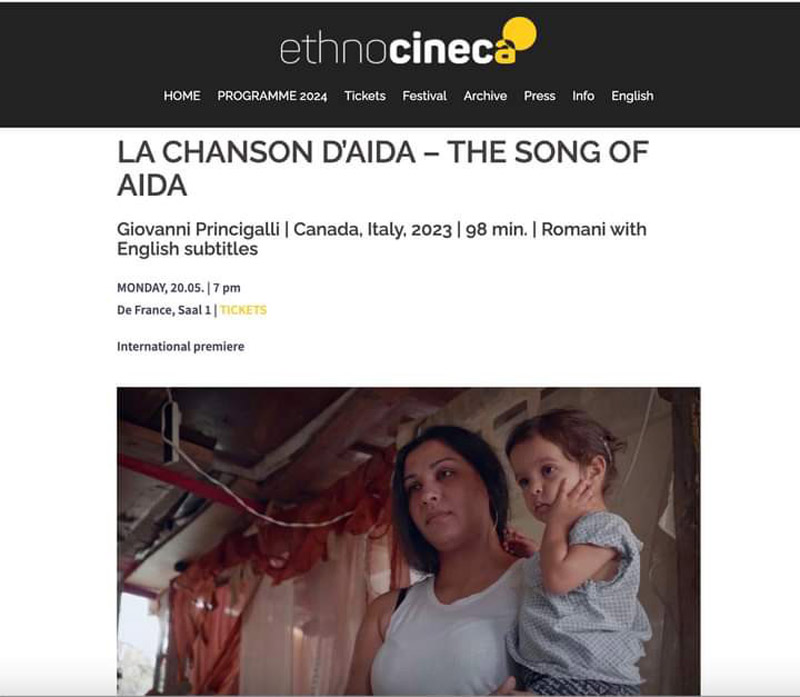
Documentary VS Fiction
The director of the short documentary Histoire de Vasilka (2018), states that there are fundamental differences in his creative process when making documentaries and short films:
"I am more skilled in documentary, as I can improvise a lot, and I have a character like that; I am not a very precise person. In fiction, more detail and precision is required. Before recording, you must know exactly what you are going to do. I love fiction, but I don't have the mental predisposition for it. Fiction filmmakers have a way of analyzing and visualizing everything from the first moment.”
Return to Yabija Gaji
He said he felt proud of Javi Giacai (2003), which was his first feature-length documentary, although “Javi Giacai... is not a good title, but it has its story. Each title has its own connection with the content and with what one wants to express.”
After this documentary, his way of doing things evolved. On this process he relates: At that time I really wanted to create. I started working with gypsies because I was interested in that micro world. Discovering a marginal community, how you dream there, how you fall in love, how you cry.
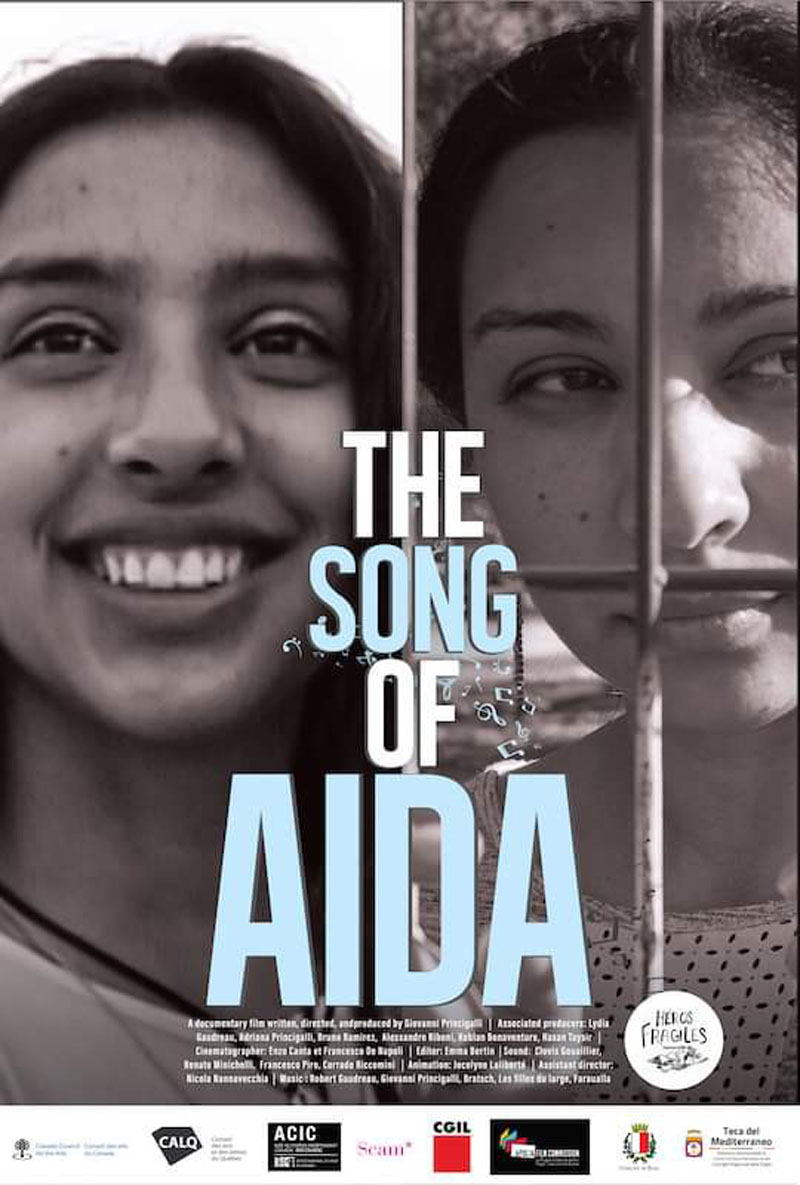
Twenty years later, he has returned to the same community of Yabija Gaji and has made a documentary titled The Song of Aida (2024), which he plans to present next year. “The story of this young woman, who when I filmed her was 13 years old, is now 30. The cinematographic language I am looking for is more mature, more refined and a little darker.”
What comes first if you are a judge?
Throughout his career he has been a juror at various film events, such as the Montreal International Film Festival, the Vues d'Afrique African film festival in Montreal and the recent Gibara International Film Festival. When defining an award, he advocates taking into account artistic quality above all the selection criteria: “The theme matters, yes, but artistic quality is everything. It is necessary that the director be sincere, that his objective is clear, that his work is not superficial and that maturity is noticeable in his audiovisual discourse.”
During the International Film Festival in Gibara, the filmmaker observed that some young people are “very skilled and mature,” while others not so much. “There is a trend towards experimental cinema. Young people look for it because, unconsciously, they want to do something different from what the previous generation did, who did not have our classes.”
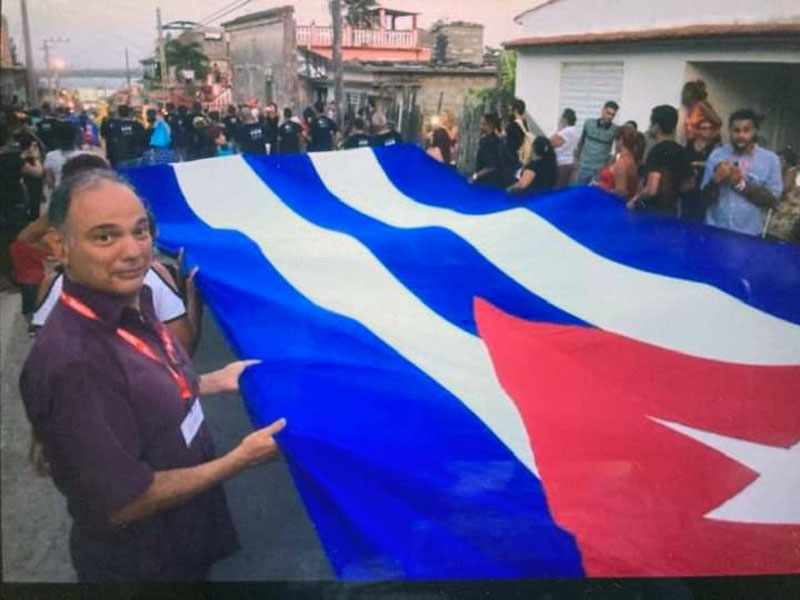
Cinema in childhood
As a member of the network El Universo Audiovisual de la Niñez Latinoamericana (UNIAL) he has had the opportunity to closely observe the impact of cinema on children. “It helps them travel, educate themselves and build their own universe. Imagination can function as a refuge.”
He revealed that this was what happened to him in his childhood and youth. He made cinema his lair. His great influences were Bicycle Thief (Ladri di biciclette) by Vittorio De Sica, a classic film that marked him from a young age, and Charlie's Angels (*Angeli di Charlie*). “I love Italian, French and American cinema,” he confessed. Giovanni's admiration for these classics has an effect on his own narrative approach.
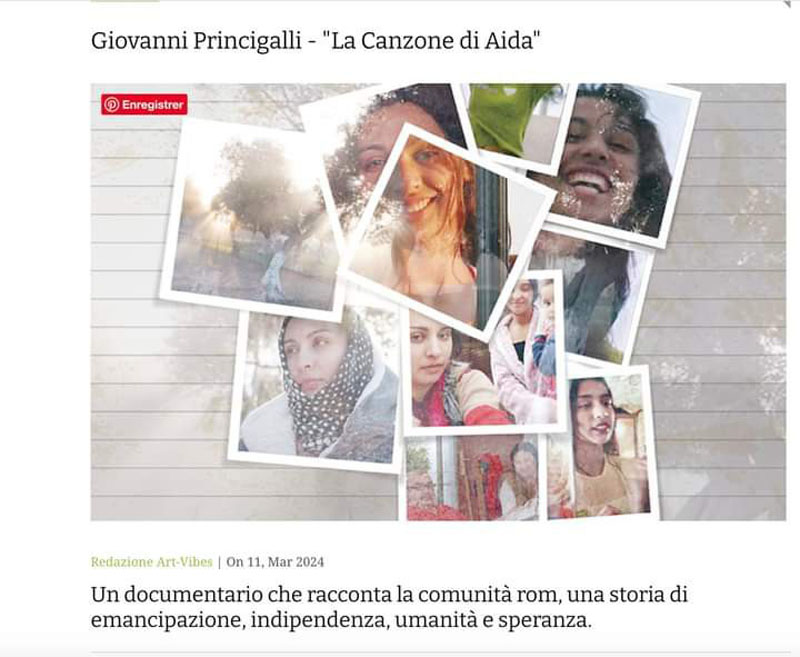
Princigalli also dedicates part of his time to teaching. He has taught film workshops for young people in countries such as Cuba, Chile and Peru. He is a film professor at the University of Montreal and has taught Italian film and documentary at several Canadian universities. From his students he has learned to look from other points of view and rediscover ways of doing things.
Currently, he continues to explore new narratives, with the aim of seeking to connect with the cultural and human roots of his characters, but he confesses that the greatest difficulty is obtaining financing. However, Giovanni is clear that giving up is not an option because "as long as there is life left there will be reasons to create."
